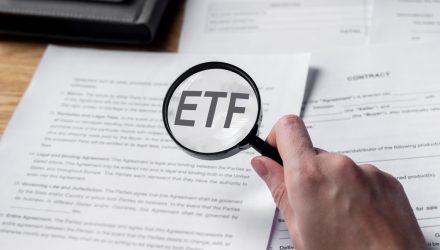There are many reasons why investors favor equal-weighting over market cap-weighted strategies, including the diversification benefits and inherent tilt towards value.
An equal-weight strategy, such as the Invesco S&P 500 Equal Weight ETF (RSP) or the Invesco ESG S&P 500 Equal Weight ETF (RSPE), can reduce concentration risk by weighting each constituent company equally so that a small group of companies does not have an outsized impact on the index.
RSP is based on the S&P 500 Equal Weight Index and RSPE is based on the S&P 500 Equal Weight ESG Leaders Select Index. RSPE’s underlying index is designed to measure the equal-weighted performance of securities included in the S&P 500 Equal Weight Index that also meet ESG criteria, while maintaining similar overall industry group weights as the S&P 500 Equal Weight Index, according to the firm.
RSPE is more concentrated, with 186 holdings compared to 505 holdings in RSP. The securities in RSPE are each weighted 0.6% whereas each security is weighted just 0.2% in RSP, according to ETF Research Center.
RSP and RSPE have 186 overlapping holdings, amounting to 37% of RSP. RSPE does not hold any securities that are not included in RSP.
Securities that can be found in RSP but have been screened out of RSPE include FedEx Corp (FDX), Duke Realty Corp (DRE), Boeing Co (BA), Incyte Corp (INCY), Eli Lilly & Co (LLY), Monster Beverage Corporation (MNST), Laboratory Corp of America Holdings (LH), Zoetis Inc (ZTS), Arthur J Gallagher & Co (AJG), and FactSet Research Systems Inc (FDS), among others, according to ETF Research Center.
For more news, information, and strategy, visit our Portfolio Strategies Channel.

